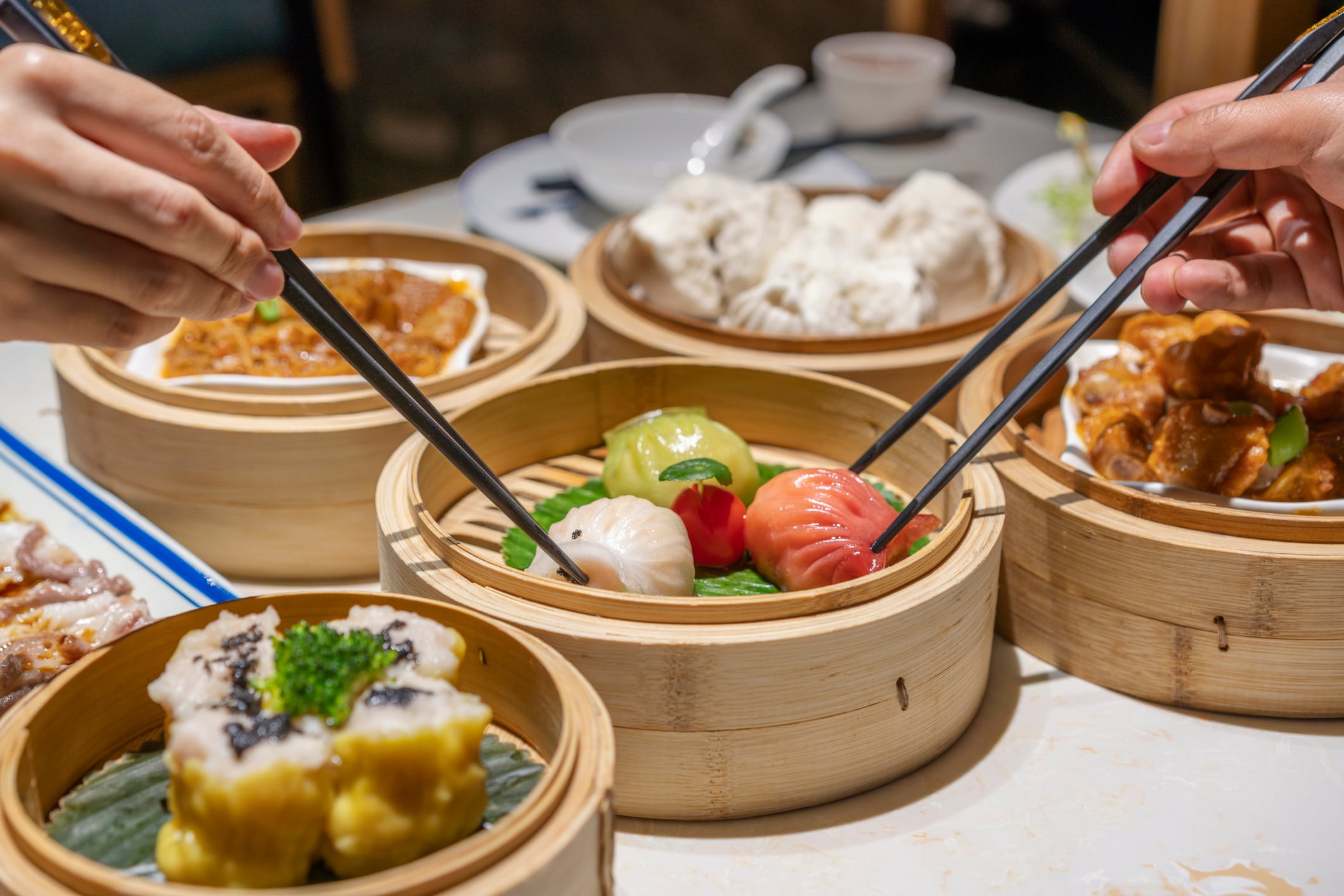Summer has conventionally been a time of high alert for South Korean health authorities as food poisoning cases out of foodservice outlets and public canteens tend to spike during this time.
The government recently set down a goal to have no more than two large-scale food poisoning cases in 2025, in a bid to reestablish confidence in the local food safety system.
Government data has shown that food poisoning situation intensified after the COVID-19 pandemic and concluded that factors such as handwashing were a major factor – but while conducting an intense round of food safety inspections over the past few weeks, reports show that many contamination issues are emerging from much higher up the food chain.
Ants in industry pants
One of the most glaring cases came from insect protein, an ironic situation as South Korea is known to have one of the most advanced edible insect industries, and some of the most comprehensive legislation guidelines, in the world.
“We have uncovered a violation of the Food Safety Act where a food corporation and restaurant imported ants to be used for the preparation and selling of food dishes and products,” Ministry of Food and Drug Safety (MFDS) minister Oh Yoo-kyung said via a formal statement.
“Ants are not permitted for use as food ingredients in South Korea, and the committed violation was valued at KRW120m (US$87,112) or approximately 12,000 servings of ants.”
The investigation showed that the ants were imported from Thailand and the United States via international mail, and that the motivation behind knowingly using a non-allowed insect was to add ‘acidity’ to the foods.
“This was uncovered [this summer but the violation] has been taking place since April 2021,” MFDS added.
“Only 10 species of insects are allowed for human consumption, including grasshoppers and brown mealworms, and formal regulation of the industry has been in effect for several years, so the violators will be prosecuted accordingly.”
Insect species allowed as food in South Korea:
- Grasshoppers
- Silkworm pupae
- Silkworm larvae
- Mealworm larvae
- Two-spotted crickets
- Kolbe beetle larvae
- Japanese rhinoceros beetle larvae
- Darkling beetles
- Western honey bee larvae
- Locusts
More concerningly, the fact that this breach of the Food Safety Act has been ongoing for over four years but only just uncovered and dismantled highlights the possibility of other such situations taking place – a serious issue for a country that takes immense pride in its food safety management system.
Food contamination galore
A more traditional area of food safety concern is in terms of microbial contamination, but several cases involving such problems have also come to light over the past few weeks.
Case in point has been with Turkish dessert manufacturer Tatli, where a recent spot check revealed over 10 times the content of permitted aflatoxin levels in its Lokum Pistachio Tartlets.
“The permitted levels of aflatoxin in a product is 10 to 15 µg per kg – in this case, the detected levels were 136.7 to 156.7 µg per kg,” MFDS said in a July 2025 report.
“We have ordered prompt recalls of this item and put out a notice to consumers who have purchased it to stop consumption and return it to the place of purchase immediately.”
Aflatoxin exposure can lead to issues such as nausea, convulsions and liver damage in the short term, as well as birth defects or even cancer in the long term.
The product had already entered the general food supply and consumers had purchased or possibly eaten these, signifying a clear case of further improvements needed.
Worse yet, this has not been the only contamination case detected in the past month: One separate report showed the presence of Staphylococcus bacteria in processed dried fish products from popular local manufacturer Arawoom; and another revealed excessive amounts of benzopyrene contamination in edible oil.
MFDS has issued many statements over the past month warning consumers about summer food poisoning risks and how to improve safety at home – but perhaps it might be prudent for the to intensify efforts higher up to food chain too in order to truly make a dent in food local poisoning cases.





